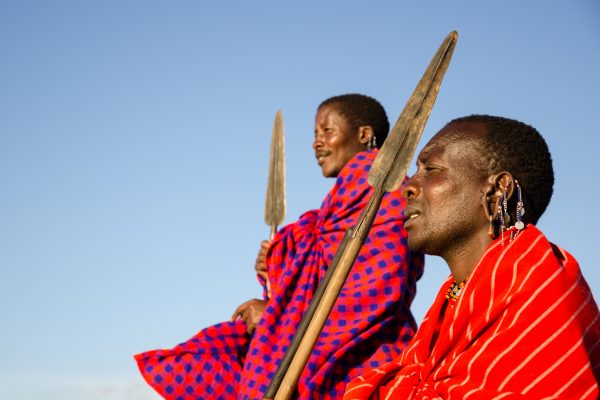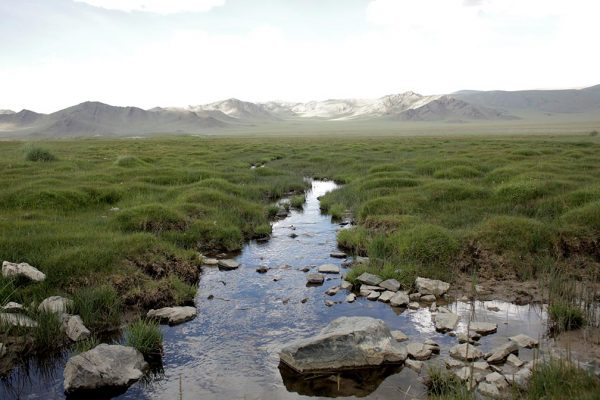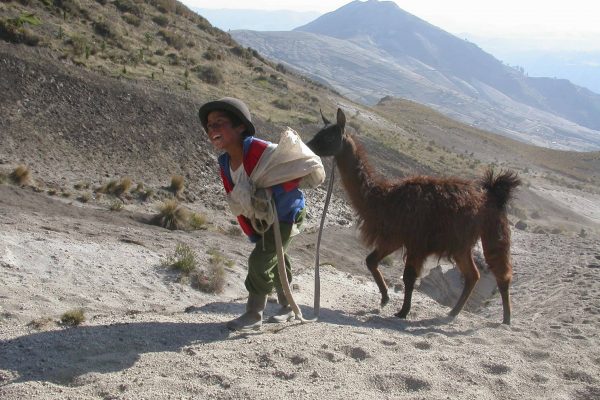Agrarian Reform
What lessons can we draw from agrarian reforms implemented since the 1950s and how have these contributed to sustainable rural and urban development?
Land Grabbing
What can we learn from national and global mechanisms and initiatives to prevent land grabbing and what would inclusive socio-economic development look like?
Food Sovereignty
What will it take to allow communities to take control over the way they produce, trade and consume food and what food systems that put people before profit can we learn from?
Women's Land Rights
What policies and practices have helped secure women’s rights to land, where are the gaps and what should our strategy be to transform gender relations in land tenure?
CROSS-CUTTING ISSUES

Indigenous Peoples

Climate Change

